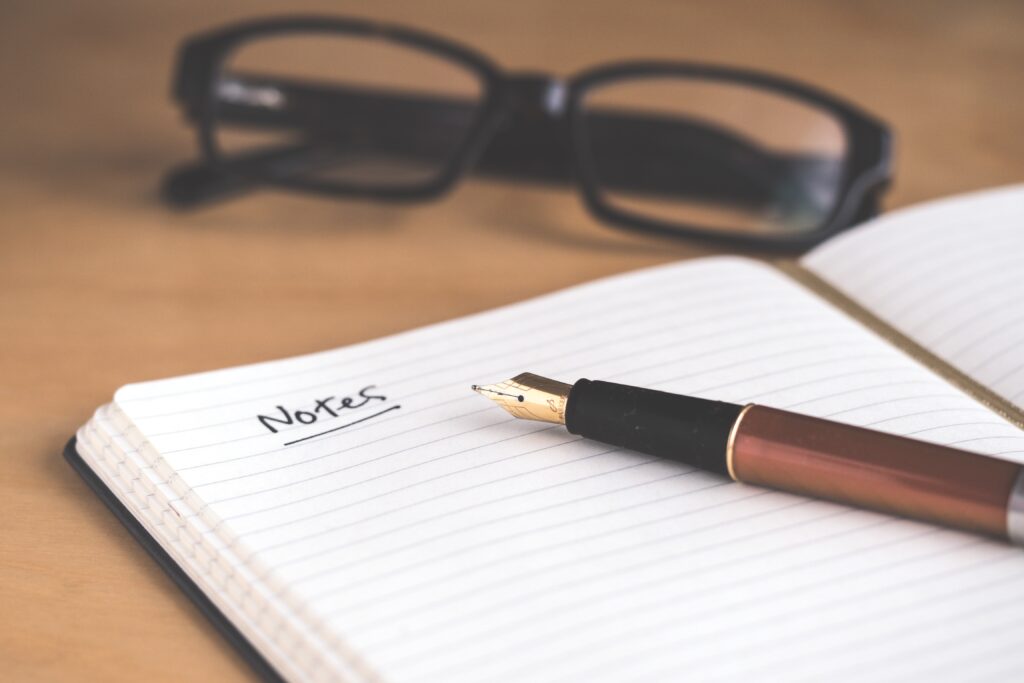
As technology continues to advance, it’s becoming increasingly clear that artificial intelligence (AI) will play a significant role in our lives. In fact, there are some tasks that AI may eventually be able to do better than humans. One such task is organizing notes.
Many of us have struggled with the task of organizing our notes at one time or another. We create elaborate systems of tags, hierarchies, and links in an effort to make sure we can find the right notes at the right time. However, these systems can be brittle and often fail to deliver the desired results. We may build and abandon new systems frequently, and it’s rare that we go back to look at old notes. This can be frustrating, especially considering the value that is often locked up in the notes we’ve collected over the years.
AI could potentially solve this problem by using natural language processing to understand the content of our notes and surface relevant ones based on the task at hand. This would make it much easier to find and understand old notes, as the AI would be able to provide context and relevance.
But why is it so hard to organize notes in the first place? One reason is that it’s difficult to know how to categorize a piece of information when it could potentially be useful for many different purposes. For example, you might write down a quote from a book because you could eventually use it in a variety of ways – to make a decision, to write an essay, or to lift a friend’s spirits. Similarly, notes from a meeting or thoughts about a new person you’ve met could have numerous potential uses.
Another reason organizing notes is challenging is that it can be cognitively taxing to try to understand old notes and determine their relevance. When you read an old note, you often have to try to recreate the context in which it was written and understand why it was written in the first place. This can be a time-consuming and often unrewarding task. For an old note to be truly helpful, it needs to be presented in a way that makes it easy to understand and use.
This is where AI comes in. By using natural language processing to understand the content of our notes, an AI system could present old notes in a more digestible format. It could also surface relevant notes based on the task at hand, making it easier to find and use the information we need.
Of course, there are some limitations to what AI can do. It may not be able to fully understand the nuances and subtleties of human thought and expression. However, as AI continues to improve and advance, it’s possible that it will eventually be able to take over the task of organizing notes for us.
In the future, large language models like GPT-3 could potentially turn our notes into an “actual” second brain, taking over the task of organization and making it easier for us to find and use the information we need. This could be a game-changer for those of us who have struggled with the task of organizing our notes in the past.
